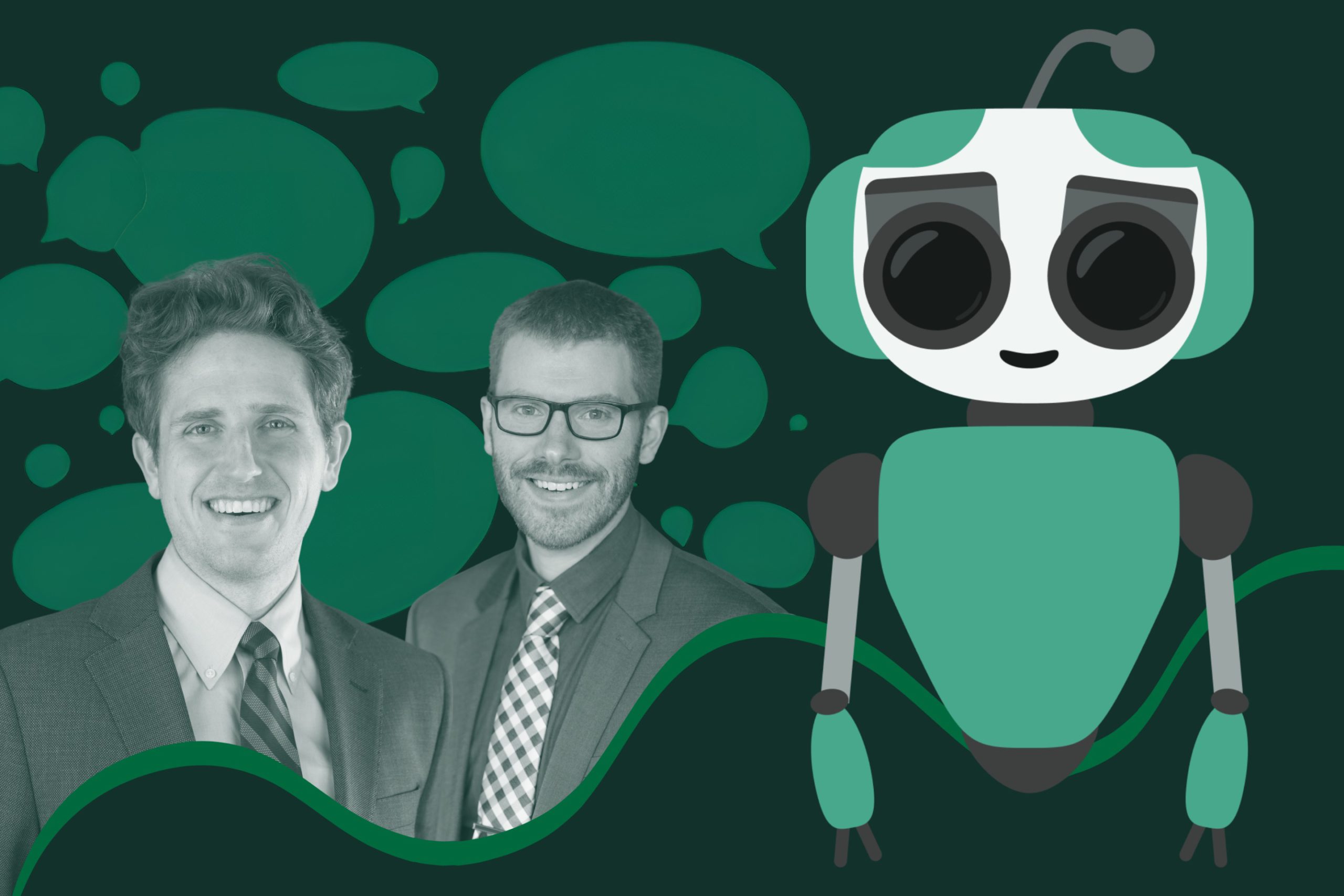In a groundbreaking development for mental health care, Dartmouth researchers have successfully completed the first clinical trial of Therabot, a generative AI-powered therapy chatbot. The trial, published in NEJM AI on March 27, 2025, revealed significant mental health benefits for participants, marking a pivotal moment in the integration of artificial intelligence into therapeutic practices.
Why it matters: With a growing shortage of mental health professionals—averaging 1,600 patients per provider in the U.S.—Therabot could provide accessible and effective support to individuals who lack immediate access to traditional therapy.
The Trial and Its Results
The clinical trial involved 106 participants from across the United States, all diagnosed with major depressive disorder, generalized anxiety disorder, or an eating disorder. Participants interacted with Therabot through a smartphone app, engaging in text-based conversations either initiated by the chatbot or by the users themselves.
Key findings include:
- Depression: Participants reported an average 51% reduction in symptoms.
- Generalized Anxiety: A 31% reduction in symptoms was observed.
- Eating Disorders: A 19% decrease in body image and weight-related concerns was noted.
These outcomes significantly outperformed the control group that did not have access to Therabot and are comparable to results achieved through traditional outpatient therapy.
How Therabot Works
Developed at Dartmouth’s AI and Mental Health Lab since 2019, Therabot uses generative AI to engage users in open-ended dialogues based on evidence-based psychotherapy techniques like cognitive behavioral therapy (CBT). The chatbot is programmed to respond empathetically while maintaining user safety:
- Crisis Intervention: If a user expresses suicidal ideation or other high-risk content, Therabot prompts them to contact emergency services or crisis hotlines.
- Personalized Support: Conversations are tailored to individual needs, offering real-time assistance that adapts to user input.
This innovative approach positions Therabot as a complement to traditional therapy rather than a replacement, providing support between sessions or for those unable to access in-person care.
Implications for Mental Health Accessibility
The trial underscores the potential of AI-assisted therapy to address gaps in mental health care accessibility:
- Scalability: Unlike human therapists, AI chatbots can provide support to unlimited users — but recent controversies, like a lawsuit where an AI chatbot allegedly encouraged a teen to harm their parents, raise serious ethical concerns.
- Cost Efficiency: By reducing reliance on human resources, AI tools like Therabot could lower the financial barriers associated with mental health care.
- Immediate Support: The ability to offer real-time assistance ensures that individuals receive help when they need it most.
However, researchers emphasize that AI therapy should not replace human clinicians but instead serve as an adjunct tool to enhance care delivery.
Ethical Considerations and Challenges
While the trial results are promising, the use of generative AI in mental health raises important ethical questions:
- Safety Concerns: Ensuring that chatbots can appropriately handle high-risk situations is critical. During the trial, researchers were prepared to intervene if necessary, highlighting the importance of clinician oversight.
- Data Privacy: Protecting sensitive user information is paramount given the intimate nature of conversations with mental health chatbots.
- Emotional Depth: Critics argue that while AI can mimic empathy, it lacks the emotional depth and human connection provided by traditional therapists.
Addressing these challenges will be essential as AI therapy tools become more widely adopted.
Looking Ahead
The success of Therabot’s trial marks a significant step forward in integrating artificial intelligence into mental health care. As researchers prepare for further trials and regulatory approval, this technology could revolutionize how support is delivered to millions of people worldwide.
By complementing traditional therapy with scalable and accessible solutions like Therabot, the future of mental health care may become more inclusive and effective—offering hope to those who need it most.




















